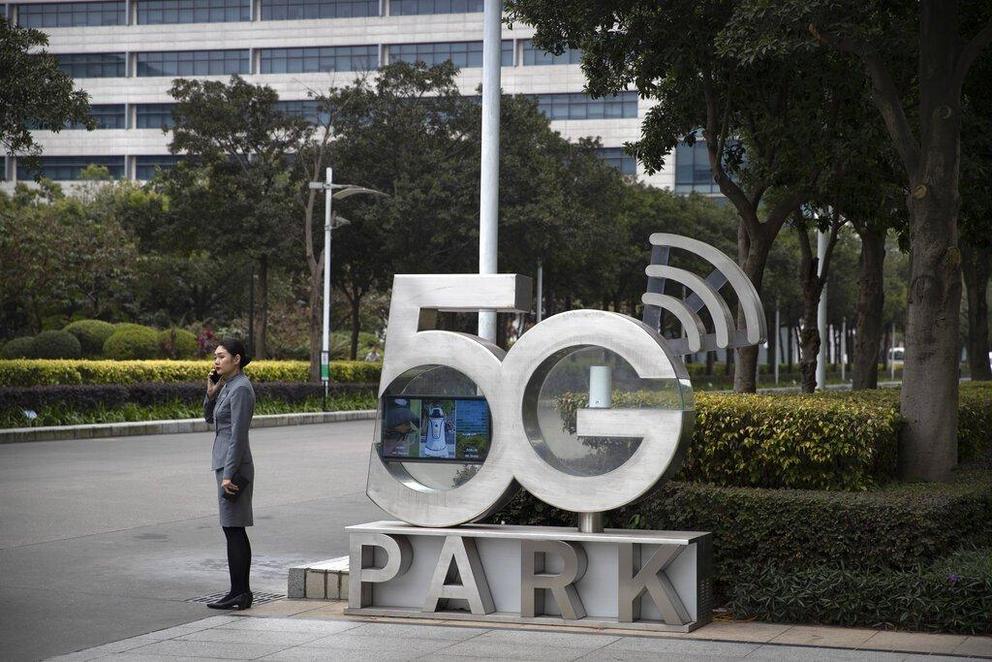Europe becomes a battleground over Huawei and 5G
(CN) Europe, home to many of world’s richest and most technologically advanced nations, has become a crucial battleground in the race between China and the United States and among tech giants to develop the internet of the future — a world where technology becomes even more supreme and potentially more dangerous.
This is a world of driverless cars, where robots harvest crops and doctors conduct remote-controlled surgeries. It’s also a world where hackers may sow even more chaos, intelligence agencies and companies may collect even greater oceans of data on people and militaries might unleash crippling cyberattacks.
It’s the “internet of things,” or as some call it, the “fourth industrial revolution.” At its core is the rollout of tens of thousands of new antennae, transmitters and technology kits needed to create a faster, more granular and more complex internet known as 5G — an industry name for a fifth generation, or evolution, in wireless telecommunications.
The big question for Europe is Huawei, a Chinese tech giant that is a leader in 5G technology, and linked to the Chinese Communist Party and allegedly China’s intelligence agencies.
By using Huawei’s 5G technology, some experts warn, a country is at risk of allowing the Chinese government to have access to — and potentially even control over — its internet network and leave it exposed to crippling cyberattacks, industrial espionage and massive surveillance.
The debate over 5G is a conundrum forcing the European Union to face many of its most pressing domestic and foreign policy and business problems all at once: How to balance the EU between China and the United States, encourage free trade but also stand up to China’s practice of subsidizing companies like Huawei, figure out how to build up its own independence and sovereignty while not enraging far-superior superpowers, and needing 5G technology to bolster their economies while protecting themselves from cyberwarfare and ensure its citizens’ human rights and data are protected.
“There are so many dimensions to this debate,” said Jan-Peter Kleinhans, an expert on 5G at Stiftung Neue Verantwortung, a German think tank, in a telephone interview.
It’s a risky, high-wire balancing act for Europe.

